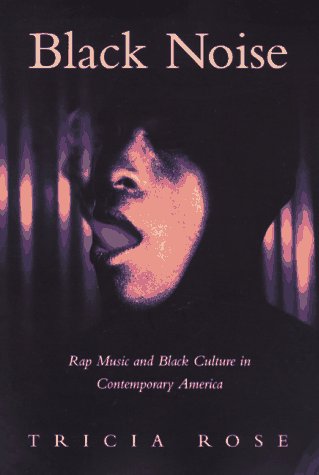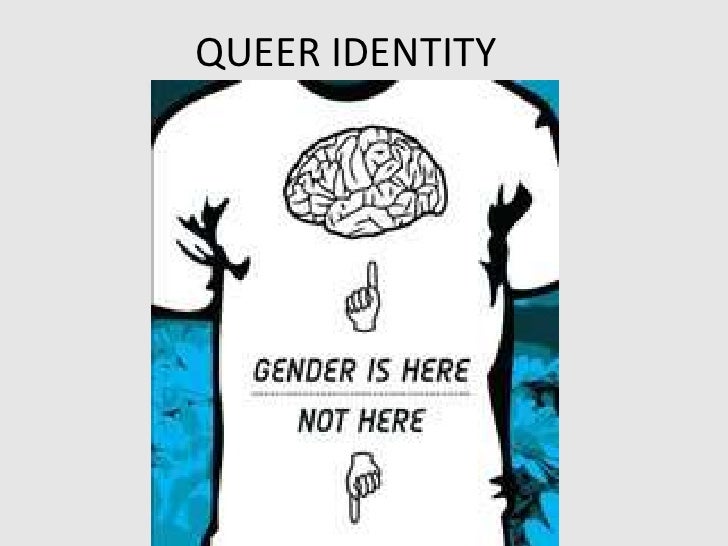Reflection
I
have to start by saying that I didn't think it would be hard to find teens
standing up against the negative images that the media displays about them. I
guess my thinking could have been persuaded by our positive talks about teens
in class and after seeing the Youth in Action group. I was very impressed by
their presentation and on their awesome progress with their school. This article reminded me of the three Queer readings when they linked personal experiences with teens. For this
blog and research, I started by searching on Google and then went to YouTube
where I found a video. This video showed girls talking back against the
negative and unrealistic images that the media portrays. Many of them felt
angry and upset with the commercial and shows because they were displaying
unrealistic images that they thought all girls should live up to. The girls
said the following things when asked to talk about media and the negative
images that it displays “if you’re rich or you have money, then you can be
popular other than that you’re a nobody. That’s not fair,” It’s trying to say
your ugly without this product, or you’re not popular without this product,” “The
media gives you standards for looking good, and makes you think the product
will help,” “It’s almost like they want you to judge people by their clothes
instead of this personality,” “It makes you get angry at the companies and say
why can’t I look pretty on my own, why do I need something to help me.” Everything
that the girls said was true. The media does try to make you feel like you need
“things” to make you more popular, pretty, successful, liked, etc. It is
constantly trying to make you feel like something is wrong with you but if you
do these few simple things such as buying make-up products or losing weight, you
can be the “picture perfect person.” It is unrealistic and gives young girls
false hopes and dreams. There isn't any commercials that say “your beautiful
you don’t need anything to make you better” or anything along those lines that I
can think of, can you?

Another interesting link I found about media and its effect on teens- Check it out and let me know if you agree with what it says!
https://www.youtube.com/watch?v=wzsYxR7Y9Pw&noredirect=1



